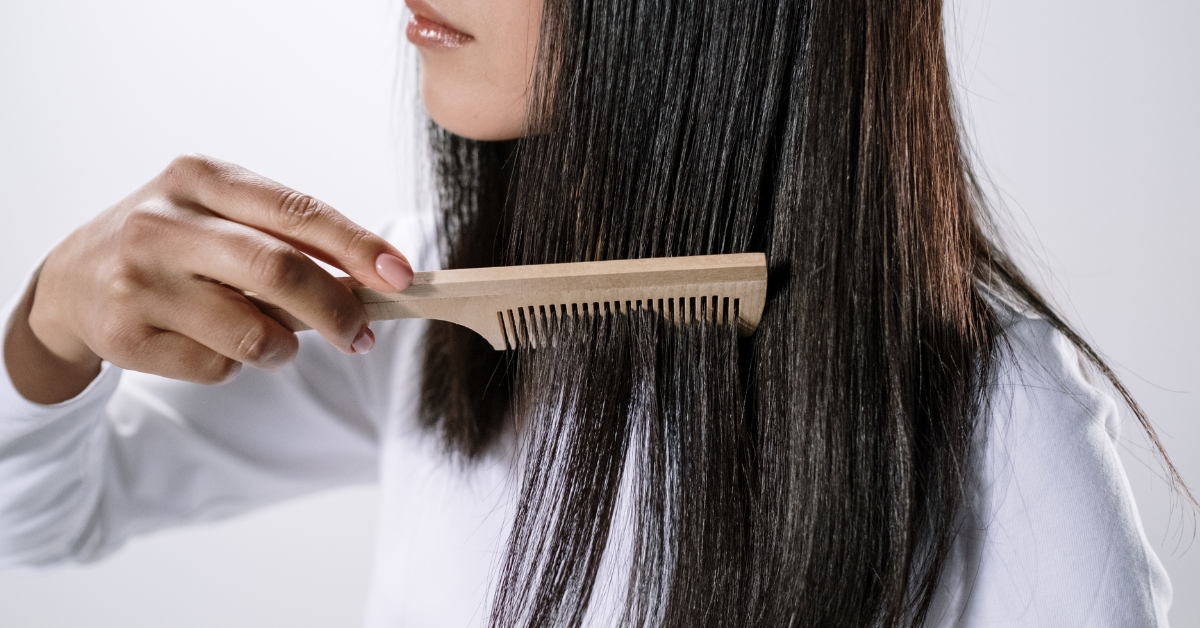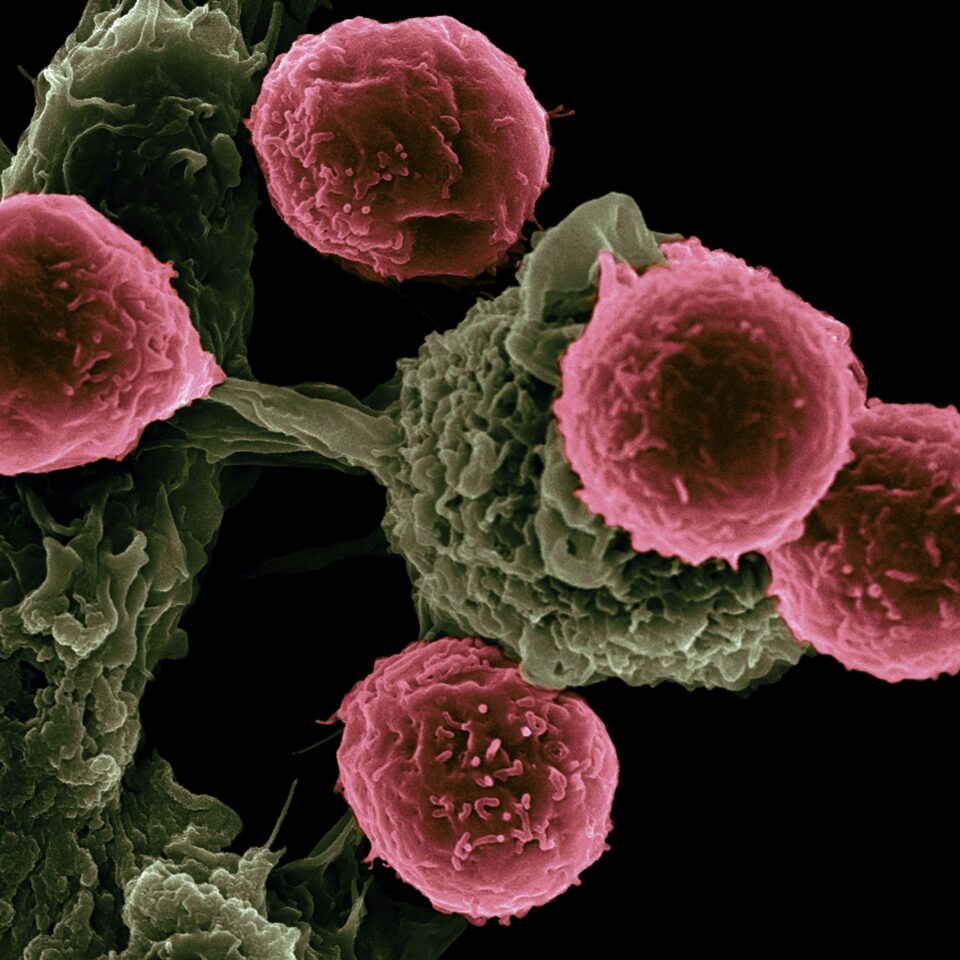
Are You a Frequent User of Hair Straighteners? Read This Post

*Collaborative Post
Straight hair has become a popular styling choice for many. Chemical hair straighteners have boomed in popularity in recent years, offering a quick and convenient way to achieve that sleek look. However, a recent study has raised some concerns.
Research suggests that frequent use of chemical straighteners might be linked to an increased risk of uterine cancer. This has sparked many questions and, understandably, some worry. We’ll dive deeper into this topic, exploring the science behind the connection, what ingredients to watch out for, and what steps to take to protect your health.
If you frequently use hair straighteners and have concerns, this information can be empowering. And if you’ve been diagnosed with uterine cancer and have used chemical hair straighteners in the past, you may be entitled to compensation through a hair straightener uterine cancer lawsuit. Read on to learn more.
The Connection Between Hair Straighteners and Uterine Cancer
The study mentioned above was conducted by researchers from the National Institutes of Health. It involved 33,947 U.S. women ages 35-74. The researchers followed these participants for nearly 11 years, tracking their health and hair-straightening habits.
Uterine cancer is a type of cancer that develops in the uterus, the organ where a fetus grows during pregnancy. While age is a major risk factor, others include a family history of certain cancers, obesity, and never having children.
The NIH study found a connection between frequent use of chemical hair straighteners (defined as more than four times a year) and an increased risk of uterine cancer. The study suggests that certain chemicals in these straighteners, like phthalates, might be acting as endocrine disruptors. These disruptors can interfere with our hormones, potentially affecting cancer risk.
It’s important to note that this is a relatively new area of research, and more studies are needed to fully understand the link. However, it’s worth considering this information and taking steps to limit your exposure to these chemicals.
What You Should Know About Hair Straightener Ingredients
When selecting hair straighteners, understanding their ingredients is crucial for safeguarding your health. Many chemical straighteners on the market include compounds that could pose various health risks, from skin irritation to hormonal disruptions. Here are some of the common potentially harmful chemicals found in hair straighteners:
- Formaldehyde: A known carcinogen that can also cause skin irritation and allergic reactions.
- Parabens: Used as preservatives in many cosmetic products, parabens can disrupt hormone functions, impacting estrogen levels.
- Sulfates (e.g., sodium lauryl sulfate, sodium laureth sulfate): While effective at cleaning and creating lather, sulfates can irritate the skin, eyes, and lungs.
- Phthalates: Often used to increase the flexibility of plastics in cosmetic products, phthalates can disrupt endocrine functions, affecting reproductive systems.
Exposure to these chemicals does not guarantee health issues, but understanding the potential risks is important. For those looking to minimize their exposure to harmful chemicals, consider the following safer alternatives:
- Natural straightening methods: Techniques like brushing wet hair until it dries or using rollers.
- Keratin treatments: While still involving chemicals, some keratin-based treatments are formaldehyde-free and may pose less risk.
- DIY hair straightening: Using natural ingredients like coconut oil or aloe vera to achieve straight hair.
If You’ve Used Hair Straighteners and Have Been Diagnosed with Uterine Cancer
Receiving a diagnosis of uterine cancer can be a life-altering event, marked by a mix of emotions, from shock and disbelief to fear and anger. Beyond the emotional toll, the physical impacts and the treatment process can be equally challenging. It’s a journey that demands immense strength and support.
For those whose condition may be linked to chemical hair straighteners, there’s an avenue for seeking justice and compensation through hair straightener lawsuits. These lawsuits are designed to hold manufacturers accountable for not adequately warning users about the potential risks associated with their products. While navigating a legal process might seem daunting, it’s an important step for many in seeking compensation for medical bills, lost wages, and pain and suffering.
It’s crucial to consult with an attorney who specializes in personal injury and product liability law. These professionals possess the expertise to evaluate your case, guide you through the complex legal landscape, and advocate on your behalf. They understand this disease’s profound impact on your life and are committed to helping you obtain the justice and financial support you deserve.

Taking Action to Protect Yourself
While more research is needed to fully understand the link between chemical hair straighteners and uterine cancer, taking steps to limit your exposure to potentially harmful chemicals can be beneficial. Here are some tips for protecting yourself:
- Be ingredient-savvy: When shopping for straighteners, become a label-reading pro! Look out for chemicals like formaldehyde and parabens.
- Explore natural alternatives: Consider natural straightening techniques like heat protectants and braid-outs. Keratin treatments might also be an option.
- Talk to a dermatologist: A dermatologist can assess your hair and recommend personalized straightening methods that prioritize your health.
- Stay informed: Research on hair straighteners and their health risks is ongoing. Stay updated on the latest developments and make informed health and hair care decisions.
Final Thoughts
The connection between hair straighteners and uterine cancer is concerning, but it’s also important to remember that the research is still evolving. If you’re concerned about your use of chemical straighteners, consult with a healthcare professional and consider exploring safer alternatives.
And if you’ve been diagnosed with uterine cancer and have used hair straighteners, don’t hesitate to seek legal guidance and support. Together, we can advocate for our health and hold manufacturers accountable for the safety of their products. Let’s make informed choices and prioritize our well-being.
*This is a collaborative post. For further information please refer to my disclosure page.




